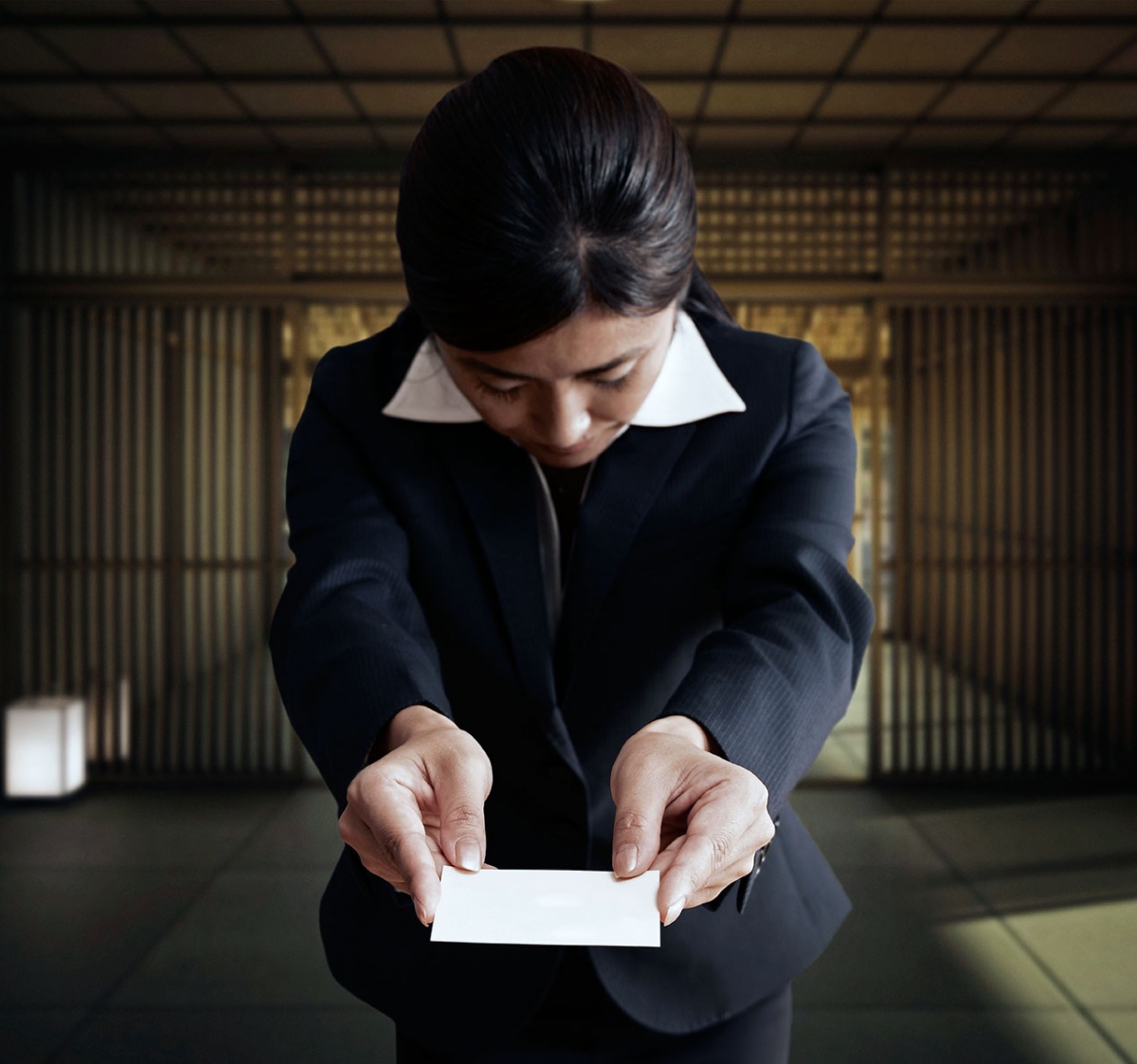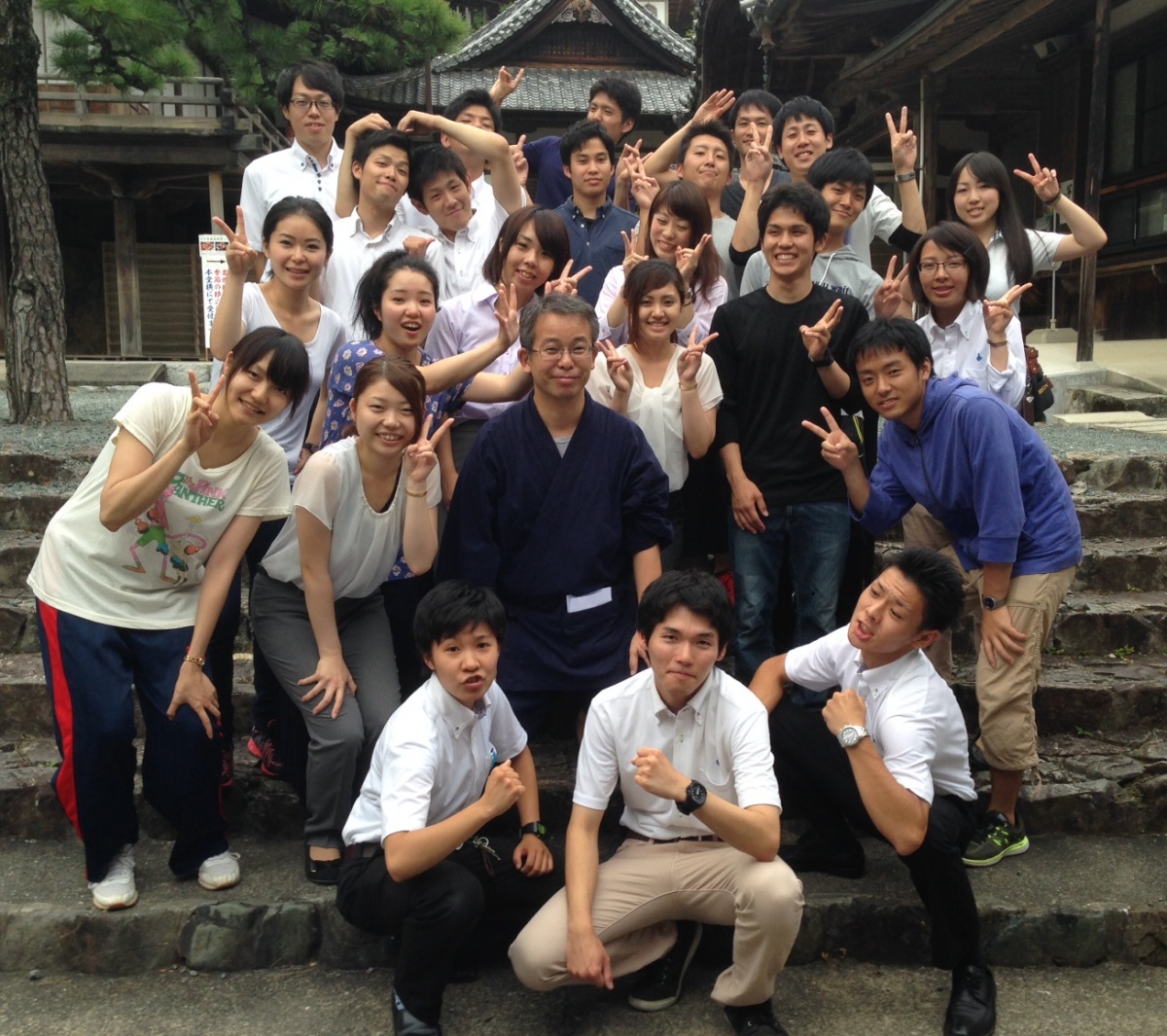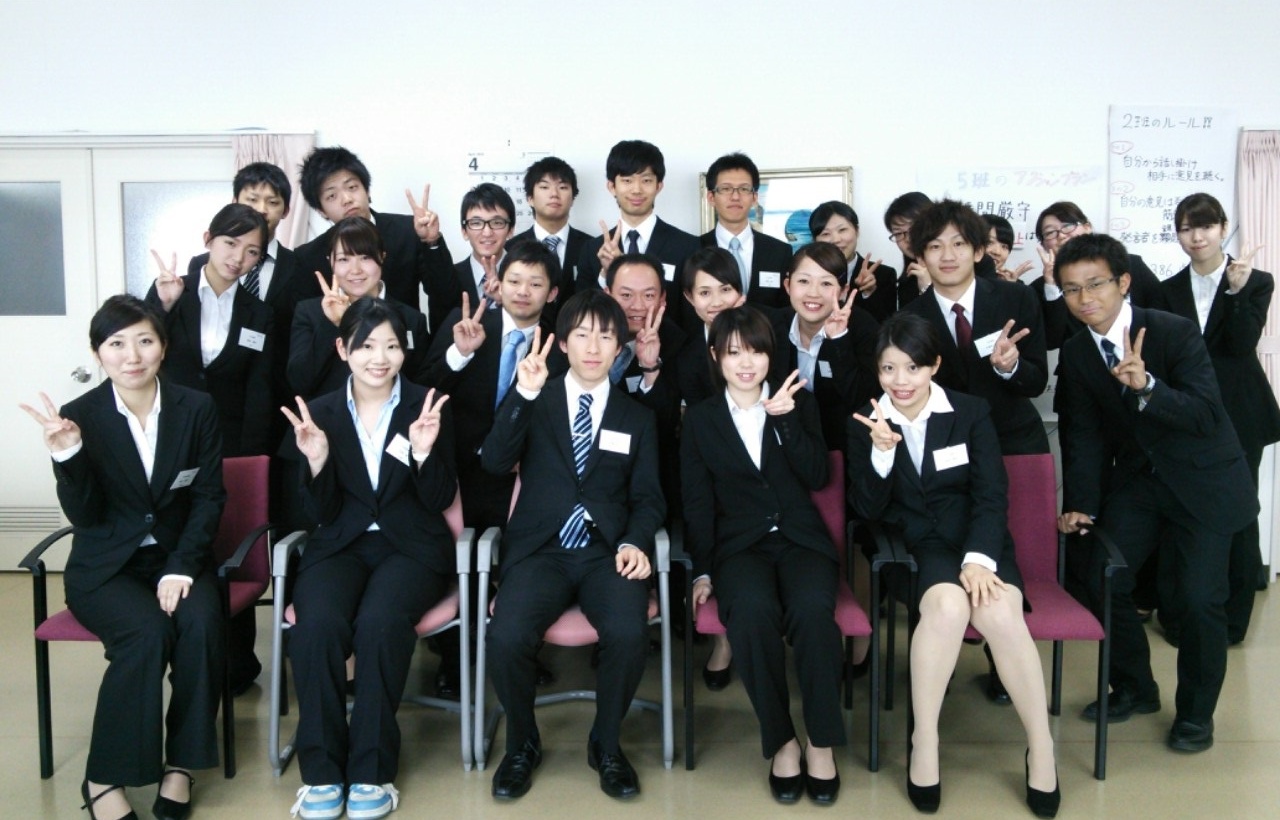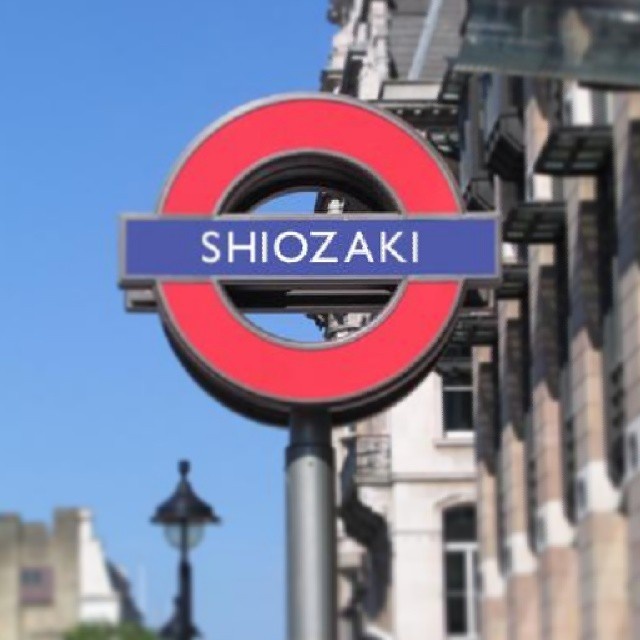First Day for a ‘Shakaijin’
Many associate Japan with a unique work culture, with rules that flummox people new to the system. But with a little training, and teamwork, it doesn't have to be that confusing. Here's your guide to a great first day as a so-called “full-fledged member of society” or shakaijin.
By Thomas ShiozakiInitial Training Course
http://www.asojuku.ac.jp/abkc/%E5%B0%B1%E8%81%B7%E9%83%A8/post_111/
Shin-jin kenshu is the mandatory new-hire orientation in most companies for new employees. These sessions usually take the time to explain the company's unique history and creeds, career potential, the human resource systems, business etiquette, and team building exercises. Usually, even the veterans at the company are present, and everyone is divided into groups. New hires can use this time to make friends with each other and build camaraderie.
Business Etiquette

http://blog.gaijinpot.com/exchanging-business-cards-japan/
As Japanese society values strict etiquette, many companies also offer training on the expected level of politeness. This is essential for all new hires, as a simple faux pas runs a dangerous risk to the company as a whole. These etiquette classes include keigo (honorific Japanese), seating positions, how to bow, exchanging business cards and client/colleague interactions, among others. For people new to Japan, these training sessions are a good opportunity to learn some aspects of Japanese culture that aren't otherwise openly discussed.
Training Camps

http://ig-hamamatsu2.seesaa.net/article/402974759.html
To conclude the initial training, new hires are expected to join the gasshuku, or training camp. Here, they spend a few nights together at a lodging house to do group activities that simulate their work environment. The freshmen are meant to accomplish various tasks that show what they have learned throughout the training. It can be stressful, but it can also become one of the most memorable experiences for the new employees.
Morning Meeting & Closing Meeting
http://www.cho-rei.com/blog/cat4/
Most companies start the work day with the chorei, or morning meeting. At this time, the company leaders will discuss recent announcements, that day's goal and any other important information. Then the department heads will inform their section about anything special happening that day. When all the news has been passed on, the employees will begin their work.
Shurei, at the other end, is the meeting that happens at the end of the day to discuss and reflect about the important events of the day. This is a chance for employees to share ways that they could improve their performance.
Finally, all employees end the work day acknowledging each other's efforts by saying, ”otsukare-sama deshita," which translates to “you must be tired (after all your hard work).” This might be different and unusual to people working in Japan for the first time, but knowing and practicing this phrase (and a few others we've covered here) will go a long way to a prosperous career in Japan.




